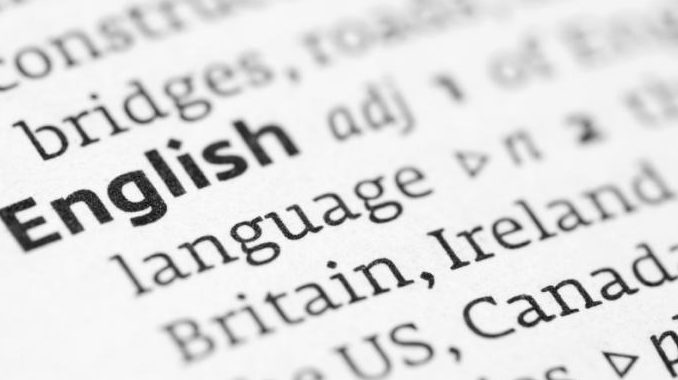
The problem with spelling is that there are no easy ways to improve it. It takes hard work, constant revision and a willingness to learn a range of strategies, find out what best suits the child and use that strategy consistently. Back in my days as a pupil, we were faced with weekly spelling tests, even in secondary school. It was also a strategy for vocabulary building as well as spelling.
Sadly, many English teachers in secondary schools do not have the time to organise spelling tests on a regular basis though if it was carried out in conjunction with vocabulary building there could be a possibility. However there is so many other areas of study to carry out that only a cursory session exploring certain aspects of spelling strategy can be carried out. Then with the best will in the world it takes constant revision to ensure the pupils learn the spelling and apply it in their work.
I do like to teach my pupils the rudiments of spelling and obviously, if the child is dyslexic this too needs to be discussed and decisions made as to how this is dealt with. Certainly in school the examining boards as well as teachers are already aware of this problem. In fact, in certain schools, there is some provision for supporting those pupils with dyslexia or dyspraxia. Sadly some of these children are taken out of the classroom for this individual support so they miss other elements of the curriculum.
The amount of support provision varies from local authority to local authority. Certainly should your child have these disabilities they should have been identified by year 7 in order for some form of support to be arranged and teaching strategies to be in place by the third month of Year 7.
But for the majority of children who have spelling problems, it is a matter of practice and repetitive strategies such as like Look, Cover and Write.
One strategy some educational experts believe to be useful is if a pupil learned the origin of a word (most words in English have either Latin or Greek roots ). It may help with the spelling. Take for example the word geography – its roots are in the Latin. So to break it down to spell one looks at “Geo” meaning “earth” and “graphy” meaning “ study” thus Geography is a study of the earth. Some children have found this strategy useful with the added bonus that it improves and expands their vocabulary with spin-off such as geo in Geology, Geometry, geomagnetic and the “graphy” opens up a vast array of words including biography, radiography, choreography to name but a few.
Areas Covered
South Manchester, Altrincham area including, Bowdon, Hale, Hale Barns, Sale, Timperley, as well as cover areas as Alderley Edge, Didsbury, Lymm, Knutsford and Wilmslow, etc. call if you are not sure.
Private tuition English: Contact me now for consultation and prices please call 07944 248917, or drop me an email.
